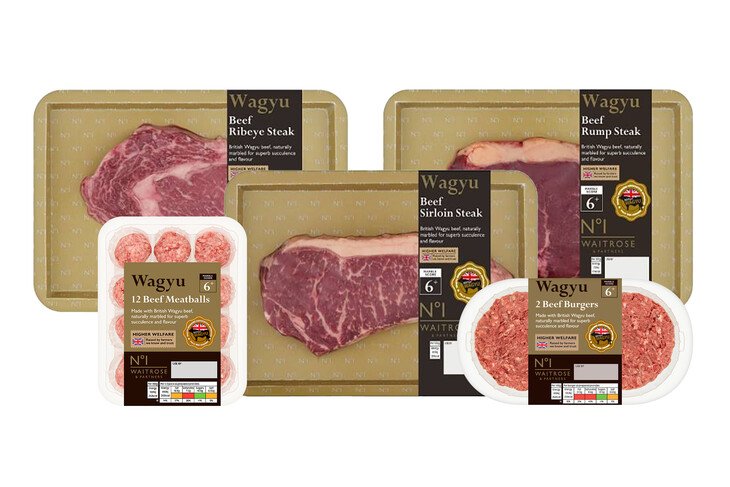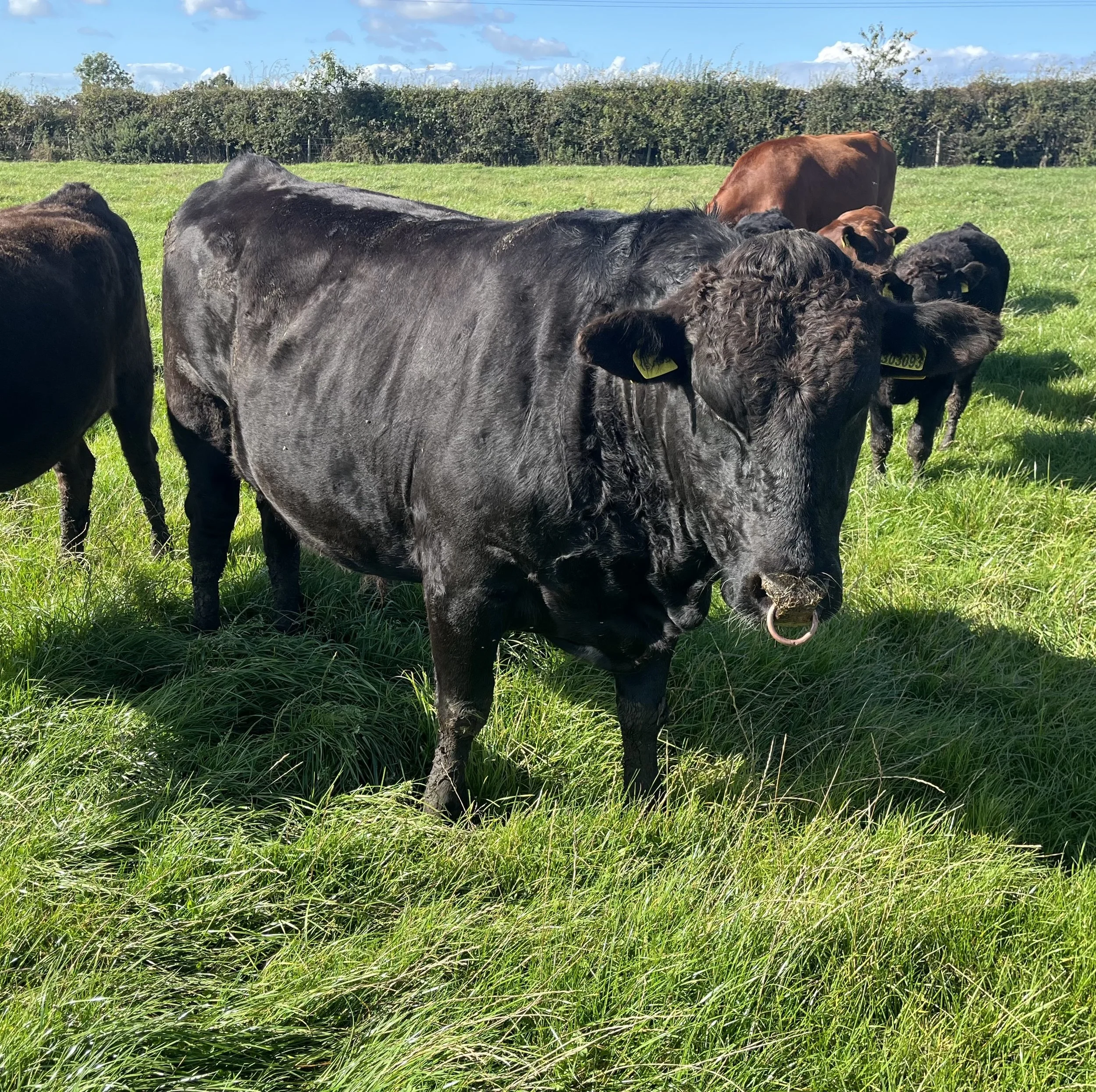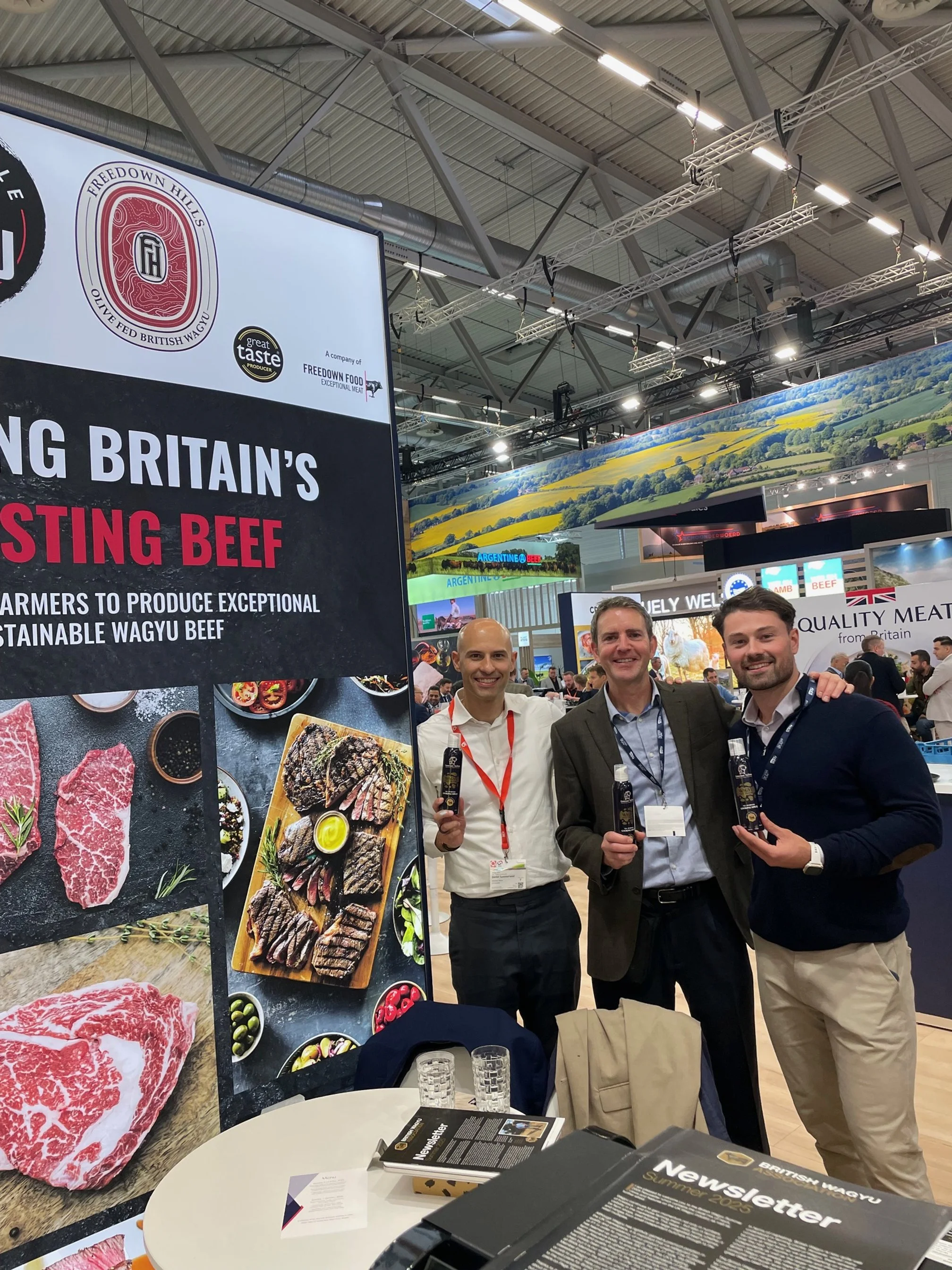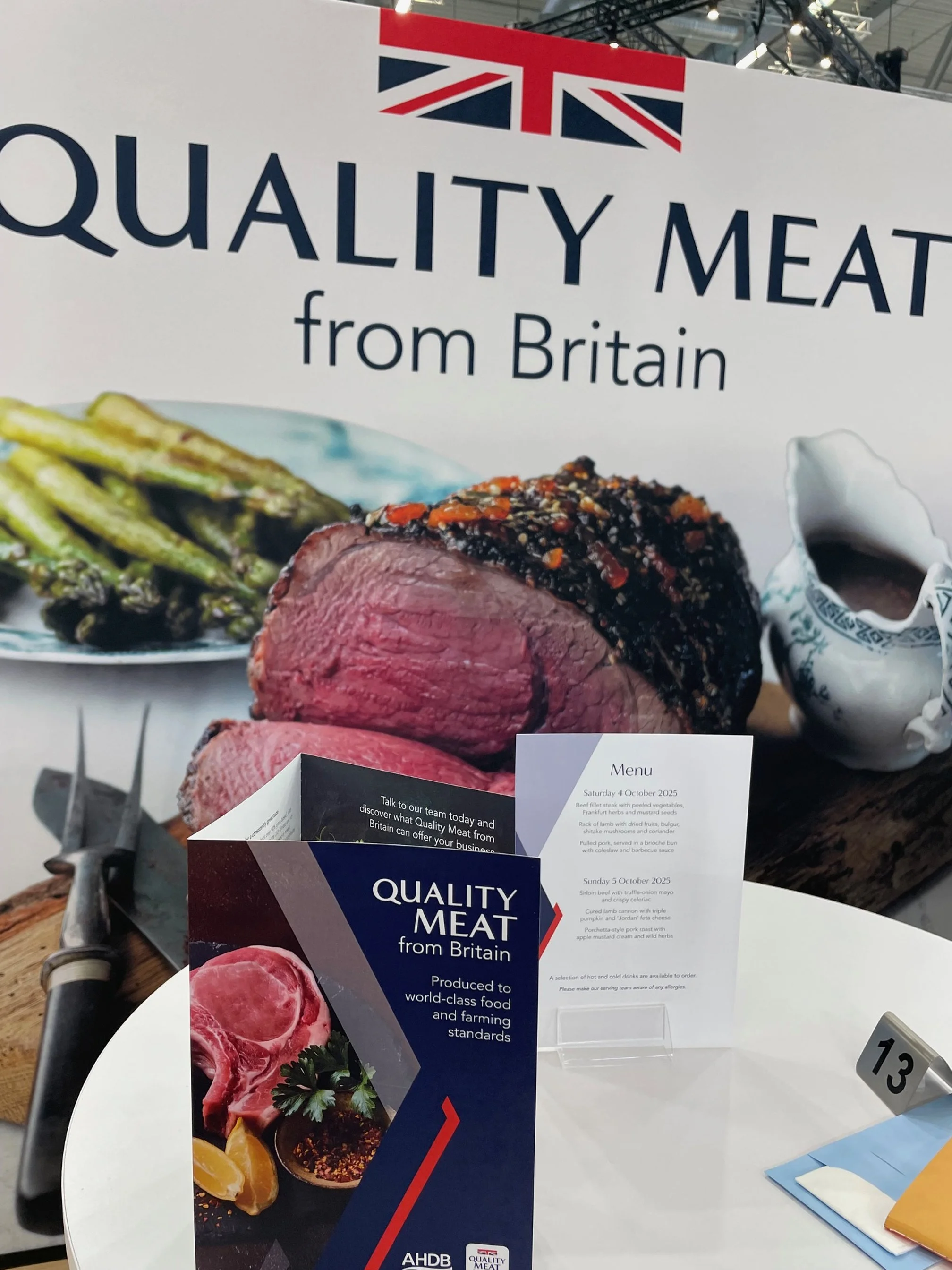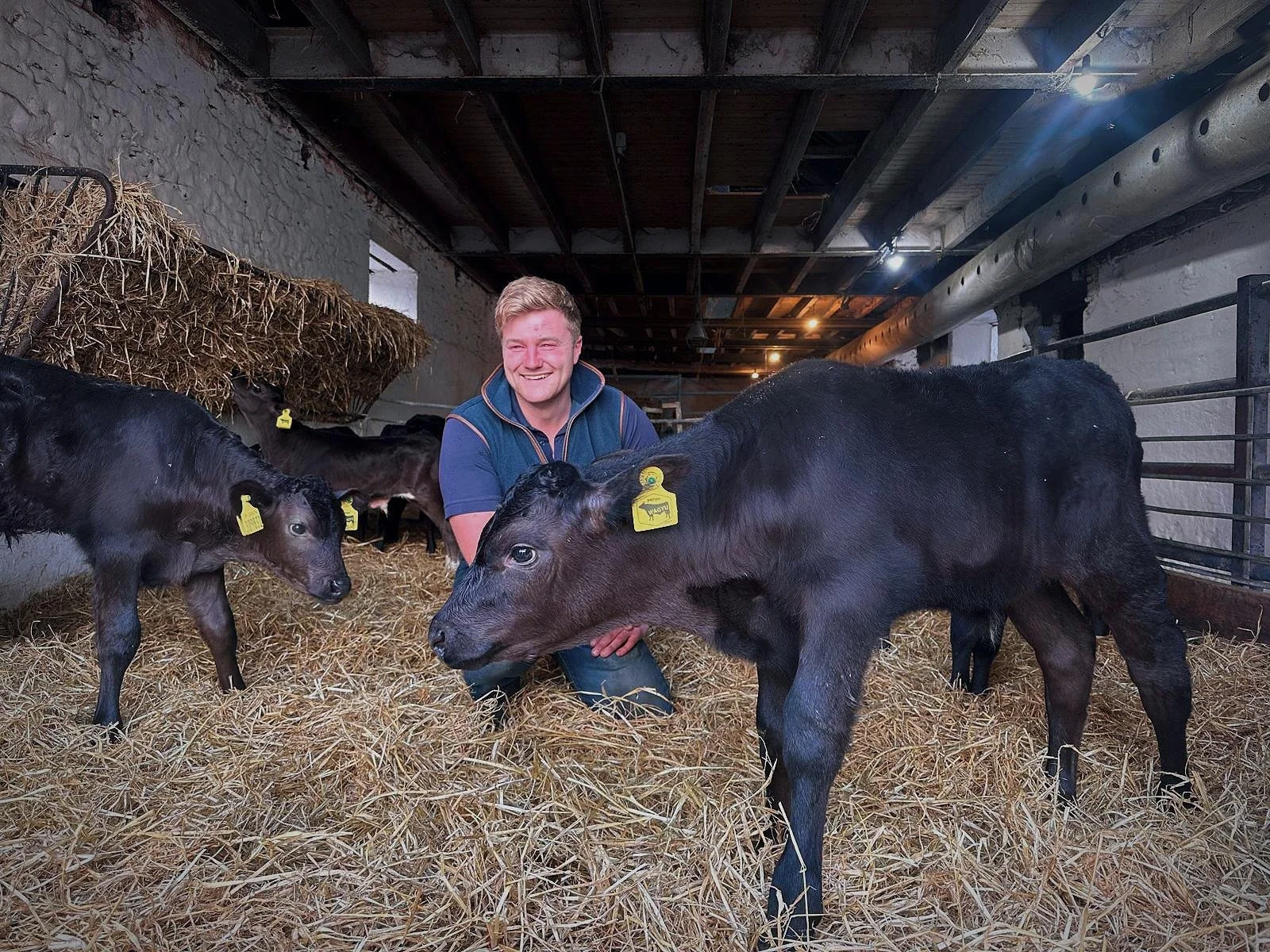We are pleased to announce the highly anticipated third edition of the British Wagyu Conference, in partnership with Warrendale Wagyu, which will be held 13-14 May 2026 at the Border Union Agricultural Showground, Kelso, Scottish Borders, TD5 8LS. Open to British Wagyu members and Warrendale partner farmers, come and celebrate the ‘bright horizons’ of Wagyu farming with us as we explore an exciting future for the industry.
The Venue
This time, we are heading to the Border Union Agricultural Showground in Kelso, home of the world-renowned Kelso Ram Sales. Instead of a conventional hotel venue, we have chosen a setting rooted in agricultural heritage. The showground gives us space to transform the site into a Wagyu showcase, complete with an exhibitor hub and indoor seminar stage. Overlooking the River Tweed, the showground is a short walk from the cobbled streets of Kelso, with plenty of eateries and pubs, and the magnificent Floors Castle.
The Itinerary
Day One of the conference will feature expert panel sessions and speakers from across the supply chain, offering insight and inspiration. And, of course, a chance to hear what the future holds for Warrendale Wagyu and British Wagyu. End the day with an evening of good-old Scottish hospitality at our Gala Dinner (early bird price at £60 per head). Expect great food, live music, and a special auction to raise money for our chosen charities, RABI and RSABI. Please note, Day One is expected to be a 9am for 9.30am start.
On Day Two, we will be heading to Kelloe Mains Farm (approximately 30-min drive) for a packed itinerary of workshops and masterclasses. Please note, Day Two will run 10am to 4pm approximately.
PROVISIONAL PROGRAMME
Day One – Weds 13th May
9 Arrival & Registration
9.30 Welcome
9.45 The British Wagyu Story
10.30 Sustainable Growth
11 Sponsor Slot
11.15 Break / Visit Exhibitor Booths
12.15 The Future of Premium Beef
1.30 Wagyu BBQ & Lunch Experience
3 Feeding the Future – Human Health, Nutrition and the Role of Premium Protein
4 Bright Horizons
4.30 Sponsor Slot
4.40 Closing Remarks
5 Conference Closes
7 Drinks Reception
8 Gala Dinner & Entertainment
12 Carriages
Day Two – Thurs 14th May
10 Opening Remarks
10.15 Enhancing Wagyu Genetics
11 Masterclass: Advanced Wagyu Nutrition & Feed Strategies
12 Workshops
1 Lunch
2 Panel Discussion: Assurance – Market Opportunity & Farm Resilience
2.30 Farm Tour Session
4 Closing Remarks
4.30 Close
More details will be announced soon, including profiles of our industry-leading domestic and international speakers along with sponsorship opportunities and final programme and timings. The conference itself is free of charge to paid-up members - you will just need to pay for your accommodation and dinner tickets. Please click HERE to book your place.
Accommodation
We have reserved a limited number of hotel rooms near the venue for the conference. These are reserved on a first-come, first-served basis. Rooms are booked for 12th and 13th May 2026. You may, of course, choose your own accommodation options.
EDNAM HOUSE (approx. 3 min drive or 12 min walk)
Bridge Street, Kelso, TD5 7HT
ednamhouse.com
TO BOOK: Please email conference@warrendale-wagyu.co.uk to book
CROSS KEYS HOTEL (approx. 3 min drive or 12 min walk)
The Square, Kelso, TD5 7HL
cross-keys-hotel.co.uk
TO BOOK: Call 01573 223303 and mention “British Wagyu/Warrendale Conference”
THE QUEEN’S HEAD HOTEL (approx. 4 min drive or 14 min walk)
24 Bridge Street, Kelso, TD5 7JD
queensheadhotelkelso.com
TO BOOK: Call 01573 228899 and mention “British Wagyu/Warrendale Conference”
COLLINGWOOD ARMS (approx. 20 min drive)
Main Street, Cornhill-on-Tweed, TD12 4UH
collingwoodarms.com
TO BOOK: Call 01890 882424 and mention “British Wagyu/Warrendale Conference”
For more information about the conference, please email BWA Company Secretary Richard Saunders info@britishwagyu.co.uk or get in touch with Warrendale Wagyu conference@warrendale-wagyu.co.uk







